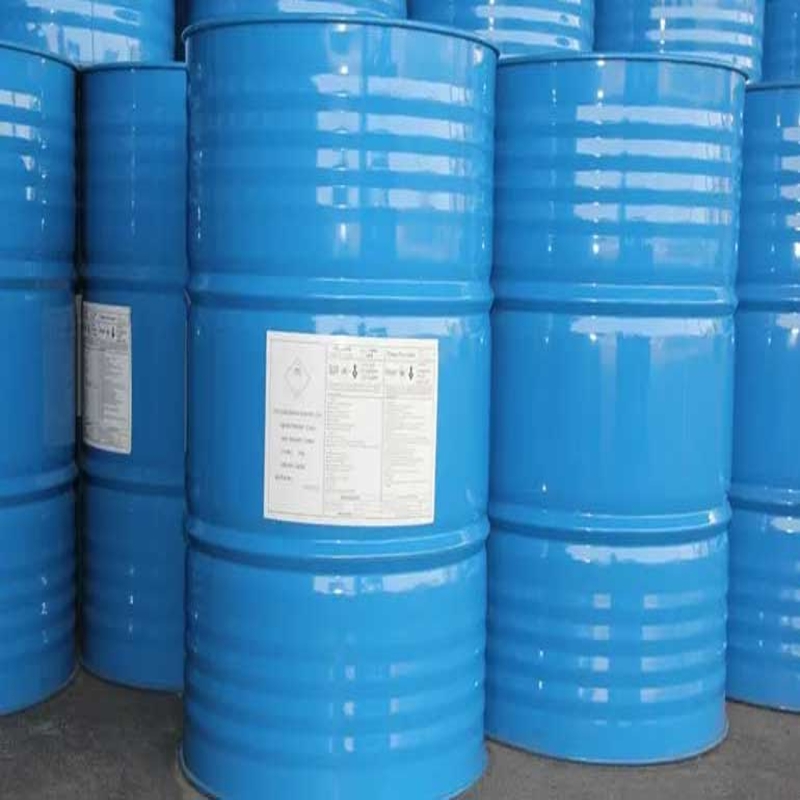-
Categories
-
Pharmaceutical Intermediates
-
Active Pharmaceutical Ingredients
-
Food Additives
- Industrial Coatings
- Agrochemicals
- Dyes and Pigments
- Surfactant
- Flavors and Fragrances
- Chemical Reagents
- Catalyst and Auxiliary
- Natural Products
- Inorganic Chemistry
-
Organic Chemistry
-
Biochemical Engineering
- Analytical Chemistry
-
Cosmetic Ingredient
- Water Treatment Chemical
-
Pharmaceutical Intermediates
Promotion
ECHEMI Mall
Wholesale
Weekly Price
Exhibition
News
-
Trade Service
At present, China is facing two major problems: high dependence on oil and serious smog, and the development of emerging industries such as wind and solar power generation and new energy vehicles is imminent
.
Whether it is energy storage power stations or electric vehicles, the bottleneck for further development points to battery technology
.
In 2009, the U.
S.
government introduced the next generation of batteries and electric vehicles plan, focusing on supporting two types of batteries, one is a new generation of lithium batteries and lead-carbon super batteries
.
In 2011, China introduced the "Twelfth Five-Year" development plan for the chemical and physical industry, and also focused on supporting these two types of batteries
.
The lead-carbon super battery is actually a new type of power storage device
obtained by the principle of combining a supercapacitor and a battery.
The characteristics of supercapacitors are an energy storage device between traditional dielectric capacitors and secondary batteries, with the following four characteristics: high specific power, low specific energy, long cycle life, and good
temperature characteristics.
The supercapacitor is a two-dimensional energy storage device, while the secondary battery is a three-dimensional energy storage device
.
The specific energy of supercapacitors is relatively low, but the specific power and cycle life are significantly better than that of secondary batteries
.
Compared with ordinary lead-acid batteries and lithium-ion batteries, lead-carbon super batteries have obvious advantages
in terms of electricity cost, supporting cost and safety.
The use of lead-carbon super batteries in energy storage power stations has the following advantages, one is that the initial cost and use cost are lower than lithium-ion batteries, and the other is that the related costs
will be saved when replaced.
12Next View full article
At present, China is facing two major problems: high dependence on oil and serious smog, and the development of emerging industries such as wind and solar power generation and new energy vehicles is imminent
.
Whether it is energy storage power stations or electric vehicles, the bottleneck for further development points to battery technology
.
In 2009, the U.
S.
government introduced the next generation of batteries and electric vehicles plan, focusing on supporting two types of batteries, one is a new generation of lithium batteries and lead-carbon super batteries
.
In 2011, China introduced the "Twelfth Five-Year" development plan for the chemical and physical industry, and also focused on supporting these two types of batteries
.
The lead-carbon super battery is actually a new type of power storage device
obtained by the principle of combining a supercapacitor and a battery.
The characteristics of supercapacitors are an energy storage device between traditional dielectric capacitors and secondary batteries, with the following four characteristics: high specific power, low specific energy, long cycle life, and good
temperature characteristics.
The supercapacitor is a two-dimensional energy storage device, while the secondary battery is a three-dimensional energy storage device
.
The specific energy of supercapacitors is relatively low, but the specific power and cycle life are significantly better than that of secondary batteries
.
Compared with ordinary lead-acid batteries and lithium-ion batteries, lead-carbon super batteries have obvious advantages
in terms of electricity cost, supporting cost and safety.
The use of lead-carbon super batteries in energy storage power stations has the following advantages, one is that the initial cost and use cost are lower than lithium-ion batteries, and the other is that the related costs
will be saved when replaced.
12Next View full article
12Next View full article






